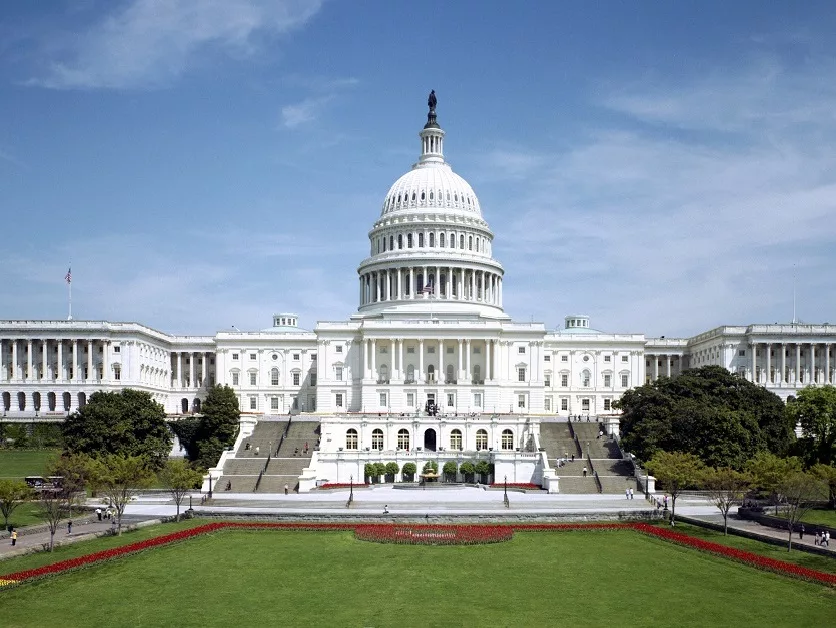Key Takeaways
- Senate Republicans plan to introduce FY2026 appropriations bills, testing Democratic support after a $9 billion spending cut.
- A confirmation hearing for Richard Fordyce, a key agriculture nominee, is scheduled as the USDA manages changes to commodity programs.
- House Agriculture Committee will hold a hearing on California’s Proposition 12, critical to future agricultural regulations.
Senate Republicans Push Appropriations Bills Amid Challenges
Senate Republicans are gearing up to introduce appropriations bills for fiscal year 2026 in an effort to secure bipartisan support for government funding as the new fiscal year approaches on October 1. They seek to gauge Democratic cooperation following their recent success in rescinding $9 billion from fiscal year 2025 spending. Key spending bills, including Military Construction and potentially Agriculture, are expected to be put forward this week. However, these bills require 60 votes to pass in a Senate where Republicans hold a 53-47 majority.
In the backdrop of these efforts, Democrats are hesitant to support the GOP’s initiatives, questioning why they should lend assistance when there is a risk of further funding cuts using rescission processes. Chris Coons, a Democrat on the Senate Appropriations Committee, expressed concerns over the erosion of mutual trust, indicating that this could hinder future collaborations.
Republican Senate Leader John Thune’s team contends that the responsibility for any potential government shutdown lies squarely with Democrats if they opt not to support the appropriations bills, arguing that the GOP intends to move forward regardless.
Notably, this week will also see the Senate Agriculture Committee evaluating several critical nominations, including that of Richard Fordyce for the role of USDA undersecretary for farm production and conservation. This confirmation comes amid significant changes to existing commodity programs and crop insurance stemming from the budget reconciliation bill passed in early July. Fordyce, who has substantial experience in agriculture, previously served as Missouri’s agriculture director and was crucial in administering aid during the trade tensions under the Trump administration.
In conjunction with these activities, President Trump has called for the Senate to remain in session through August to expedite the confirmation of his nominees, further indicating the strategic and political maneuvers anticipated in the coming weeks.
Focus on Proposition 12 and Trade Relations
Simultaneously, the House Agriculture Committee is set to hold a hearing on California’s Proposition 12, a law mandating specific housing regulations for sow and hen production in the state. Committee Chairman Glenn “GT” Thompson underscores the necessity to address this issue within the upcoming farm bill, asserting that federal preemption of Prop 12 is crucial to avoid a fragmented regulatory landscape that could impose heavy burdens on producers.
The National Pork Producers Council has voiced its concerns regarding how Prop 12 and similar legislation might escalate producer costs and consumer prices nationwide. A group of over 30 Senate Democrats, led by Adam Schiff, has also urged committee leaders to refrain from including any provisions that would prevent state regulations.
In the realm of international trade, Trump recently hinted at a potential deal with India, suggesting that an announcement could be imminent. While U.S. negotiators believe progress has been made, recent discussions on tariff rates continue to present challenges. A lack of formal proposals from the White House may signify a cautious approach, as officials strive to solidify terms beneficial for both countries.
Trade negotiations with India remain a focal point, and Republican lawmakers have been urged to press for updates on this front during meetings with key officials this week.
As the Senate and House engage in these critical discussions, the implications for agriculture and trade policy are expected to unfold in significant ways in the near future.
The content above is a summary. For more details, see the source article.















